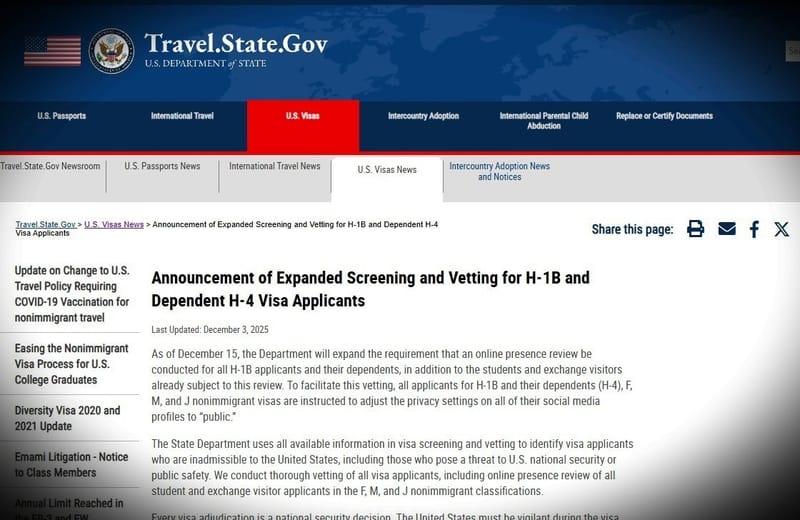H-1B Concerns Influence Infosys Q2 Earnings: Investor Focus on Visa Policy and AI
For tech employers and H-1B visa holders, this report underscores how U.S. immigration policy directly influences the financial outlook and strategic decisions of major IT service providers.

Subscribe to our newsletter and stay informed about latest H1B news, policy updates and and other developments.
Article Summary
Infosys is set to announce its Q2 FY26 financial results, with analysts projecting modest revenue growth and stable EBIT margins. Key investor concerns include AI uncertainty, pricing pressure, and the impact of potential H-1B visa program changes. The company's large deal wins are expected to increase year-over-year, though a quarterly decline is anticipated.
Original Article: financialexpress.com
[ Sentiment: negative | Tone: factual ]
This summary and analysis were generated by TheNewsPublisher's editorial AI. This content is for informational purposes only; it does not constitute legal or immigration advice.
[ Sentiment: negative | Tone: factual ]
This summary and analysis were generated by TheNewsPublisher's editorial AI. This content is for informational purposes only; it does not constitute legal or immigration advice.
TNP AI: Key Insights
This report highlights how H-1B visa policies are not just immigration issues but critical financial factors influencing global tech giants like Infosys. For employers of foreign talent and H-1B visa holders, this means that policy stability or instability directly impacts corporate performance and, by extension, job security and hiring trends within the tech sector.
The mention of 'H-1B visa cancellations' as an investor worry is particularly noteworthy. While widespread cancellations of existing H-1B programs haven't occurred, these concerns likely stem from proposals for H-1B reforms, increased scrutiny, or potential future policy shifts limiting new visa issuances. This perceived risk directly influences investment sentiment and could prompt companies to diversify their global talent acquisition strategies, potentially looking more towards countries like Canada or the UK which offer more predictable skilled immigration pathways.




